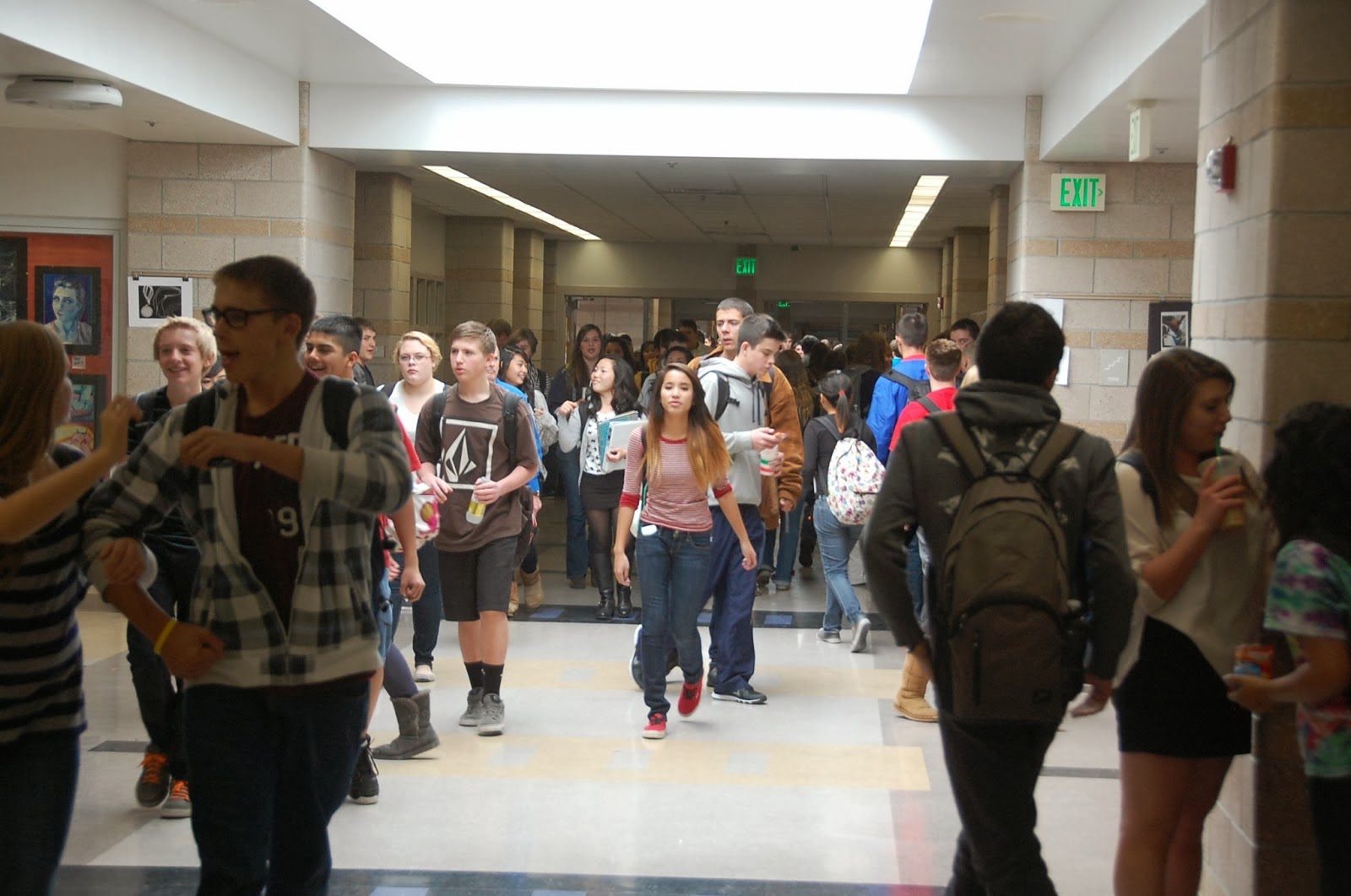Does My Student Have An Autism Spectrum Disorder?

“I teach the first grade at East Side Elementary in my hometown. I currently have a student who I suspect may be a high functioning autistic (Asperger). What are some of the telltale signs to look for, and should I mention this to the parents?” A good first step would be to ask the parents how well their child functioned prior to elementary school. Kids with Asperger’s (AS) and High-Functioning Autism (HFA) frequently enter kindergarten without having been adequately diagnosed. In most cases, there will have been some red flags in the preschool years, for example: the youngster may have be viewed as being somewhat unusual concern over "immature" social skills and peer interactions behavioral concerns such as hyperactivity, inattention, aggression, outbursts, etc. If these problems are more severe, special education may be suggested now, but most kids with AS and HFA do fairly well in a mainstream setting. Often, academic progress in the early grades is an ar

